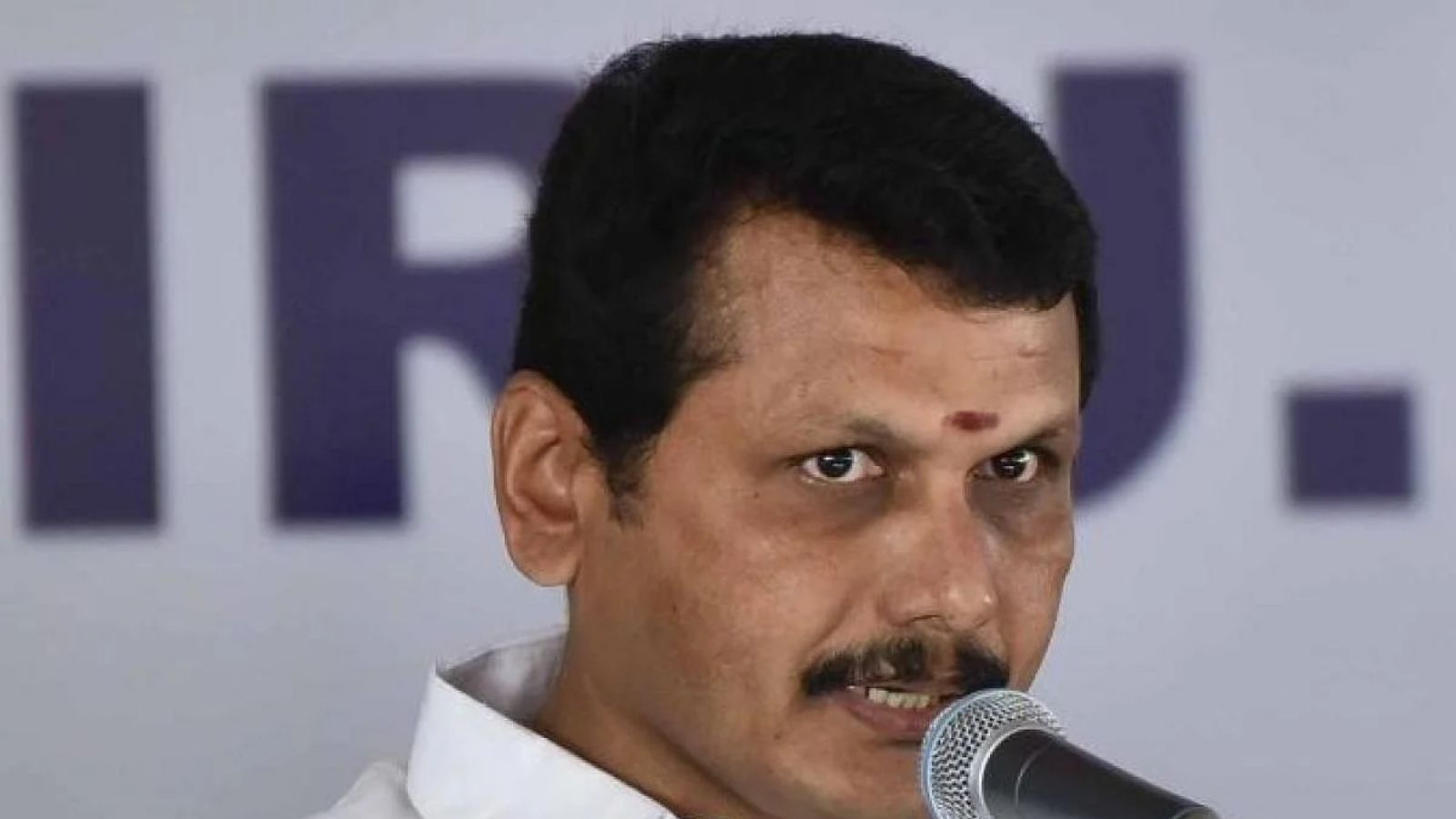The arrest petition filed against Tamil Nadu Minister Senthilbalaji has triggered a legal debate in the Madras High Court, questioning the authority of the Governor to keep his dismissal order in abeyance. The case has raised significant constitutional and governance concerns, stirring discussions on the separation of powers and the role of the executive and judiciary.
The petition challenges the decision of the Governor to hold the dismissal order of Minister Senthilbalaji in abeyance, which effectively delays his removal from office. Legal experts and observers have closely followed the case, as it raises fundamental questions regarding the authority and prerogative of the Governor in matters of dismissal and governance.
The Madras High Court will play a crucial role in deliberating on the issues at hand and determining the validity of the Governor’s decision. The court proceedings are expected to delve into constitutional principles, legal precedents, and the interpretation of relevant statutes, providing clarity on the limits of executive power and the extent of the Governor’s authority in such matters.
The case has garnered attention due to its potential implications for the delicate balance of power between the executive and the judiciary. It serves as a significant test of the judiciary’s role in safeguarding constitutional principles and ensuring a system of checks and balances.
Observers are keenly observing the legal proceedings, as they may set a precedent for future cases involving the authority and responsibilities of state governors. The outcome of this case will likely shape the legal landscape and have ramifications on the functioning of the executive branch in Tamil Nadu and beyond.
As the legal battle unfolds, it is expected to shed light on the complex dynamics between the executive, judiciary, and constitutional provisions. The case has sparked important debates on issues such as the separation of powers, accountability, and the proper functioning of democratic institutions.
The Madras High Court’s decision on the petition will have far-reaching consequences, clarifying the boundaries of executive authority and defining the role of the judiciary in upholding constitutional values. It will be a landmark ruling that will shape the understanding of governance and accountability in the state of Tamil Nadu and contribute to the broader discourse on the exercise of power in a democratic society.
Legal experts, scholars, and the public eagerly await the verdict, as it will not only impact the immediate case but also have implications for the future functioning of government and the interpretation of constitutional provisions related to the Governor’s authority.










